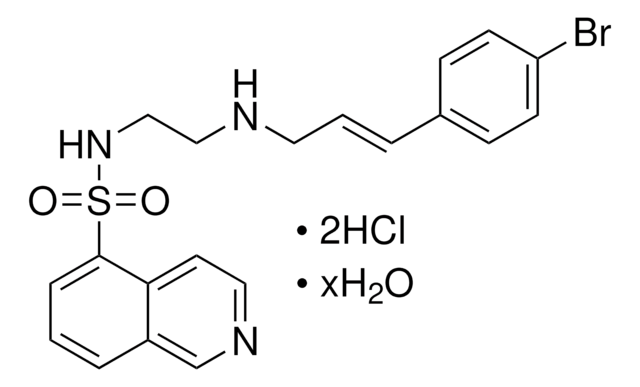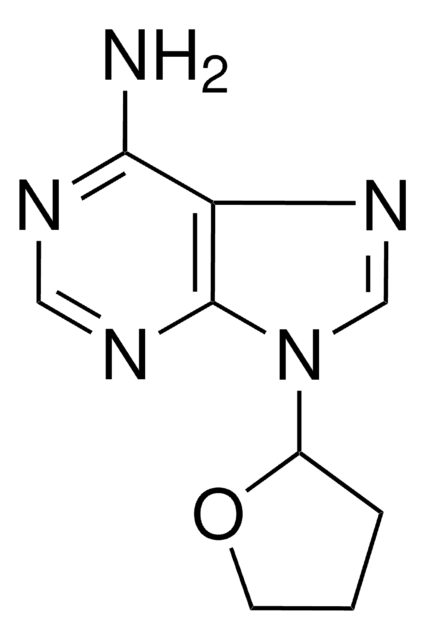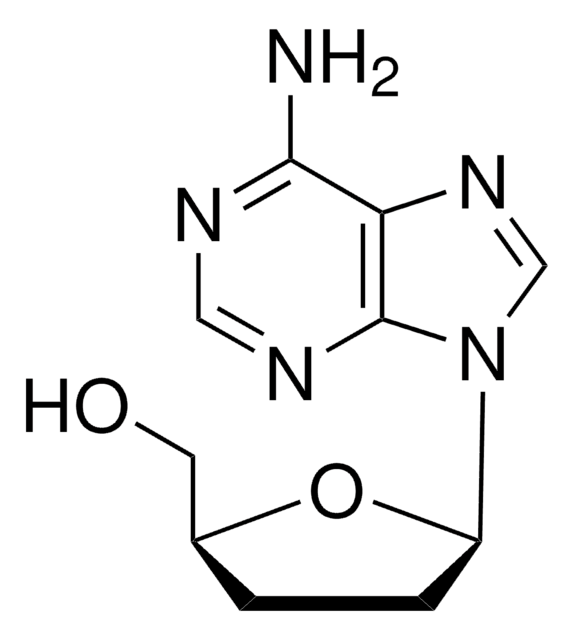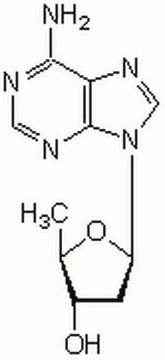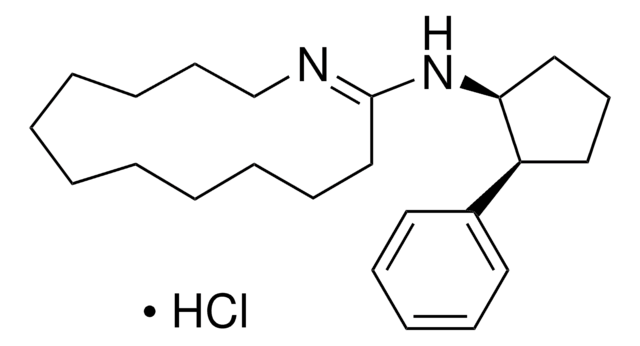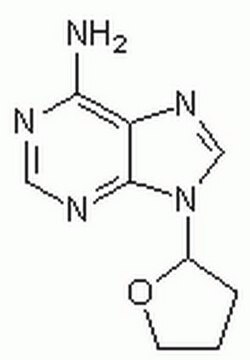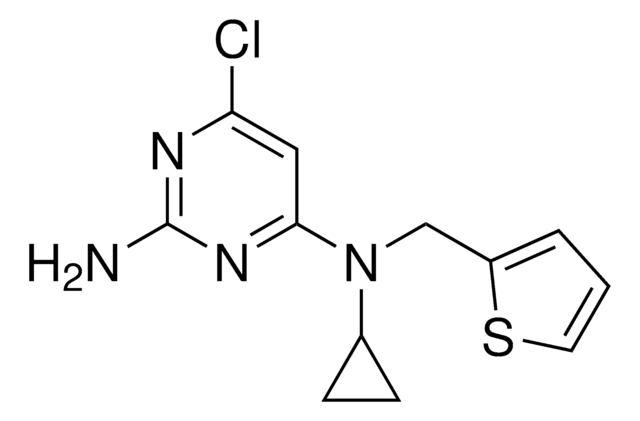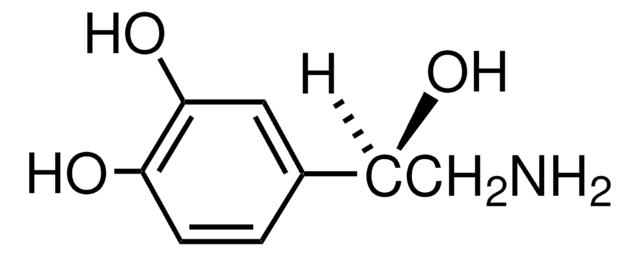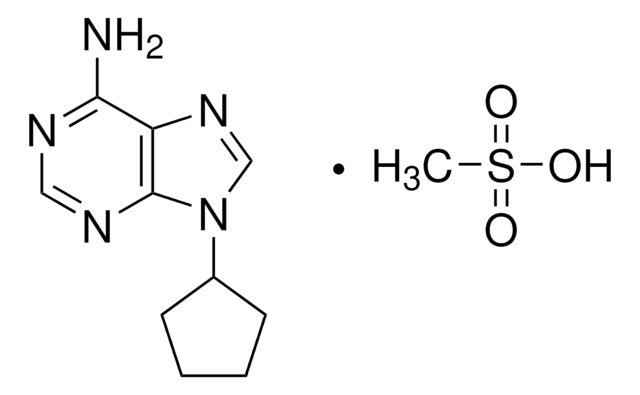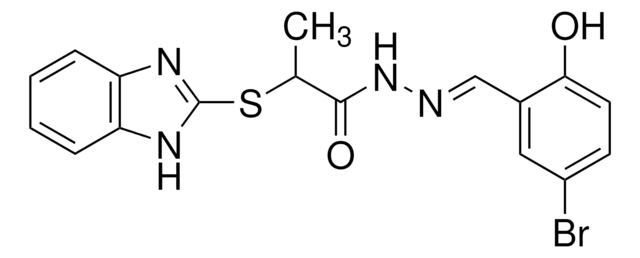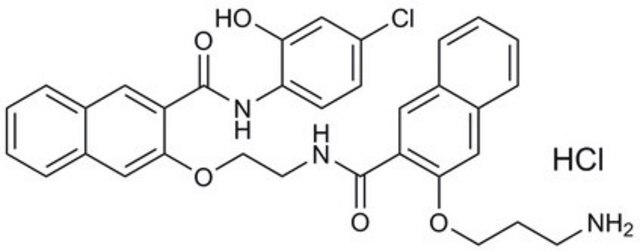D7408
2′,5′-Dideoxyadenosine
≥95% (HPLC), solid
Synonym(s):
2ʹ,5ʹ-dd-Ado, NSC 95943
About This Item
Recommended Products
Quality Level
assay
≥95% (HPLC)
form
solid
color
white
solubility
DMSO: soluble
storage temp.
−20°C
SMILES string
C[C@H]1O[C@H](C[C@@H]1O)n2cnc3c(N)ncnc23
InChI
1S/C10H13N5O2/c1-5-6(16)2-7(17-5)15-4-14-8-9(11)12-3-13-10(8)15/h3-7,16H,2H2,1H3,(H2,11,12,13)/t5-,6+,7-/m1/s1
InChI key
FFHPXOJTVQDVMO-DSYKOEDSSA-N
Gene Information
rat ... Adcy2(81636)
Application
Biochem/physiol Actions
Features and Benefits
Reconstitution
wgk_germany
WGK 3
flash_point_f
Not applicable
flash_point_c
Not applicable
ppe
Eyeshields, Gloves, type N95 (US)
Certificates of Analysis (COA)
Search for Certificates of Analysis (COA) by entering the products Lot/Batch Number. Lot and Batch Numbers can be found on a product’s label following the words ‘Lot’ or ‘Batch’.
Already Own This Product?
Find documentation for the products that you have recently purchased in the Document Library.
Customers Also Viewed
Related Content
Cyclic nucleotides, including cyclic AMP (cAMP), cyclic GMP (cGMP) and cyclic ADP-ribose, have been extensively studied as second messengers of intracellular events initiated by activation of GPCRs. cAMP modifies cell function in all eukaryotic cells, principally through the activation of cAMP-dependent protein kinase (PKA), but also through cAMP-gated ion channels and guanine nucleotide exchange factors directly activated by cAMP.
Our team of scientists has experience in all areas of research including Life Science, Material Science, Chemical Synthesis, Chromatography, Analytical and many others.
Contact Technical Service